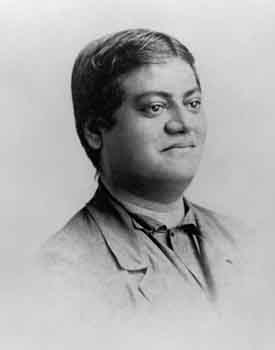Swami Vivekananda: A Revolutionary Sanatani
Swami Vivekananda, a paragon of spiritual enlightenment and intellectual acuity, remains a challenge to comprehend in fullness, echoing his notion, “You need to be a Vivekananda to understand Vivekananda.” His reluctance to pen down thoughts on his own guru, Sri Ramakrishna, underscores the complexities of such spiritual magnitudes. A catalyst in the Western introduction to Hinduism, Vivekananda’s 1893 Chicago address on religious tolerance and universality marked a historical pivot, gaining him admiration and a varied following. His representation in traditional robes and turban symbolizes asceticism and renunciation. Vivekananda’s influence pervaded spirituality and Indian nationalism, his teachings seeding Vedanta societies globally. The profound encounter with Sri Ramakrishna heralded his spiritual odyssey, which after Ramakrishna’s death, saw Vivekananda promoting monastic life and spirituality as a national ethos. His return to India underscored service (seva) as essential to his mission, contrasting Western materialism. Esteemed figures like Aurobindo Ghosh and Gandhi honored Vivekananda’s vast imprint on Indian philosophy and nationalism.
